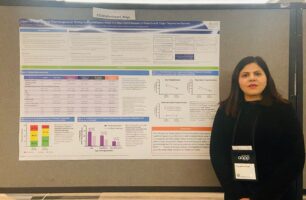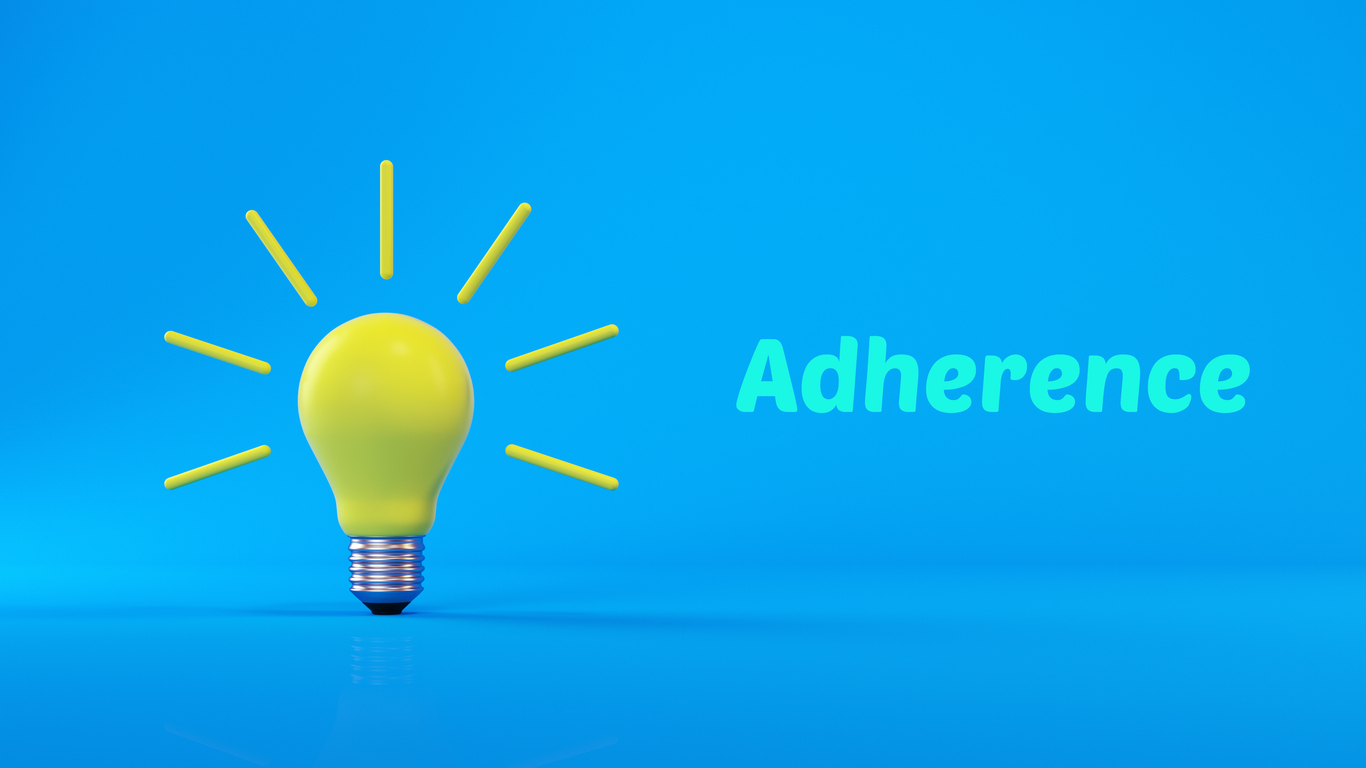 It’s survival of the fittest.
It’s survival of the fittest.
Human development and our reason for being on earth is based on two evolutionary goals: to survive and to reproduce. That’s it. Just those two.
So why did depression – which seems to impede our ability to do both of those things – survive evolution?
IMPORTANT NOTE: Depression should NOT be left untreated.
Our Brains Were Made for a Pre-Historic World
According to Caroline Beaton, writing in Vice.com, there are academic disciplines – evolutionary psychology and evolutionary psychiatry, for example – that believe that depression is a natural part of evolution. Beaton states that “negative emotions, like sadness, regret, and anxiety, wouldn’t exist if they weren’t in some way useful to our species’ survival.”
In fact, the brain has a “vast evolutionary history, and that this history shapes human nature,” writes Jonah Lerher writes in a New York Times Magazine article. “We are not a blank slate but a byproduct of imperfect adaptations, stuck with a mind that was designed to meet the needs of Pleistocene hunter-gatherers on the African savanna.”
This is a mind-blowing concept: Our brains were made for pre-historic circumstances, yet we have to slog our way through a modern world.
 This modern world is complex: the wide gap between the haves and have nots; dwindling personal connections; and increasing social isolation partly due to the double-edged sword of technology.
This modern world is complex: the wide gap between the haves and have nots; dwindling personal connections; and increasing social isolation partly due to the double-edged sword of technology.
As a result of the current evolution of depression we are depressed and unwell because “we are lonely, overworked, and underpaid,” according to Brandon Hidaka, a researcher at the University of Kansas who wrote a paper on “Depression as a disease of modernity” published in the Journal of Affective Disorders. “The modern man would likely be much more resilient to the toils of living if he were physically fit, well-rested, free of chronic disease and financial stress, surrounded by close family and friends, and felt pride in his meaningful work.”
The reality is very different, and even if it’s possible to check all of Hidaka’s boxes, one can still struggle with depression.
Depression Isn’t a “Bug” – It’s a Feature
There are multiple schools of thought on the evolution of depression. A Scientific American article states that “depression is not a malfunction, but a mental adaptation that brings certain cognitive advantages.” In other words, depression may have actually helped us survive.
Benefits of the Evolution of Depression
Jordan Harbinger, host of a highly rated podcast, wrote in a blog post:
“The same (mental) faculties that allow us to build skyscrapers, make art and sign peace treaties also produce problems that lead, among other things, to depression. Whether we consider depression a feature or a bug of that system, it is an essential part of it — a non-negotiable wrinkle in the fabric of our minds.”
Harbinger points to multiple studies as evidence. The first study published in Molecular Psychiatry found that some symptoms of depression play a role in our ability to fight off infections: “these behavioral and immunological responses basically acted as antibiotics before we developed modern medicine.”
Likewise, Medical Hypotheses wrote that seasonal affective disorder “enhanced the likelihood of reproductive success by encouraging humans (especially women) to procreate at a time of year when their babies had a higher chance of survival.”
Other sources concur that there might be benefits to depression. For example, Psychology Today suggests depression may:
- Help our critical thinking – studies suggest that people with depression can actually be more effective problem solvers for a few reasons. They can take a complicated problem and segment it into more digestible, solvable components.
- Help with concentration – “Depression helps keep us from being distracted by other issues and instead pushes the most important to the front burner,” according to Psychology Today. Further, depression’s physical symptoms (e.g., low libido, desire to be alone, etc.) can help keep us on target.
“If depression didn’t exist — if we didn’t react to stress and trauma with endless ruminations — then we would be less likely to solve our predicaments,” writes Lehrer in The New York Times Magazine. “Wisdom isn’t cheap, and we pay for it with pain.”
Depression Can and Should be Treated
Importantly, this information is not meant to imply that we should avoid addressing and seeking treatment for our depression.
Untreated depression poses serious risks to our health and livelihood. Please see your doctor if you suspect you may be experiencing depression.
Thankfully, our modern world offers treatments for depression. The most common treatments are talk therapy and medication, which are often used together. Talk therapy or psychotherapy refers to treatments that involve discussing mental or emotional issues with a mental health practitioner, such as a psychiatrist or psychologist. Medication therapy is the use of antidepressants or other neuropsychiatric medications to treat depression.
Additionally, the variety of treatment options is growing rapidly, from the recently approved use of esketamine, to ECT, to continuing exploration of the use of hallucinogens.

If you are suffering with depression, or think you may be, talk to your doctor. If your doctor recommends treatment using an antidepressant, ask for the GeneSight test.
Our articles are for informational purposes only and are reviewed by our Medical Information team, which includes PharmDs, MDs, and PhDs. Do not make any changes to your current medications or dosing without consulting your healthcare provider.
The GeneSight test must be ordered by and used only in consultation with a healthcare provider who can prescribe medications. As with all genetic tests, the GeneSight test results have limitations and do not constitute medical advice. The test results are designed to be just one part of a larger, complete patient assessment, which would include proper diagnosis and consideration of your medical history, other medications you may be taking, your family history, and other factors.
If you are a healthcare provider and interested in learning more about the GeneSight test, please contact us at 855.891.9415. If you are a patient, please talk with your doctor to see if the GeneSight test may be helpful.




